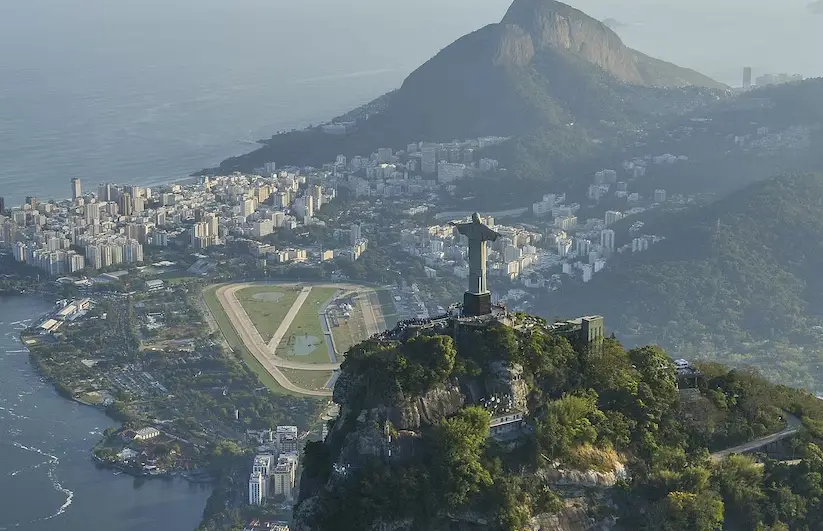According to a new report by the Financial Times on Sunday, Brazil and Argentina are planning to create a common currency. The report noted the plan is to be discussed further and officially announced in Buenos Aires at a summit this week.
Argentina’s Economy Minister Sergio Massa said in a statement to the Financial Times, “There will be… a decision to start studying the parameters needed for a common currency, which includes everything from fiscal issues to the size of the economy and the role of central banks.”
Massa added that it is expected other Latin American nations will be invited to join with Brazil and Argentina on this common currency project. Brazil wants to call the new currency “sur” which means south in Spanish.
Massa acknowledged however that the project has a long ways to go, and it will likely take years to get the currency off the ground. He cited the euro, which took Europe 35 years to bring to fruition.
He said, “It would be a study of mechanisms for trade integration. I don’t want to create any false expectations… it’s the first step on a long road which Latin America must travel.”
Other officials who commented on the plan noted it is expected it will boost regional trade, and reduce the dependency on the US dollar for trade settlements.
According to sources, the Financial times reported that although Brazil and Argentina had discussed the idea of a common currency for several years, they were not able to begin such a project because Brazil’s central bank blocked all such efforts.
Brazil and Argentina host the two largest economies in South America, however there are notable difference between them. As a member of the BRICS alliance, Brazil has enjoyed a period of economic stability in recent years, although analysts acknowledge that like many right now, the nation faces a number of economic headwinds which could reduce the rate of growth this year.
In contrast, Argentina has been plagued by economic volatility for decades. Several times the nation has been forced to default on its national debt, as recently as 2020, and it has had to resort to capital controls to support its currency. Currently the nation owes $40 billion to the IMF, and inflation is soaring.

